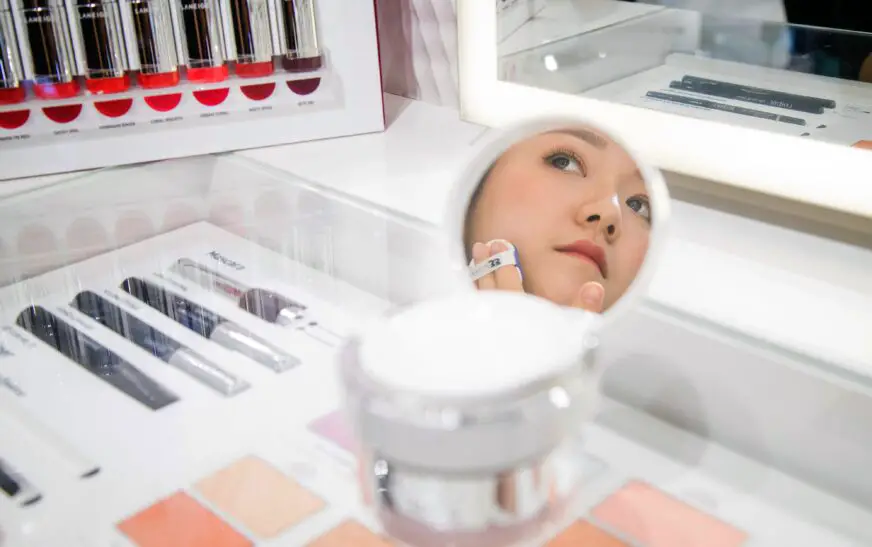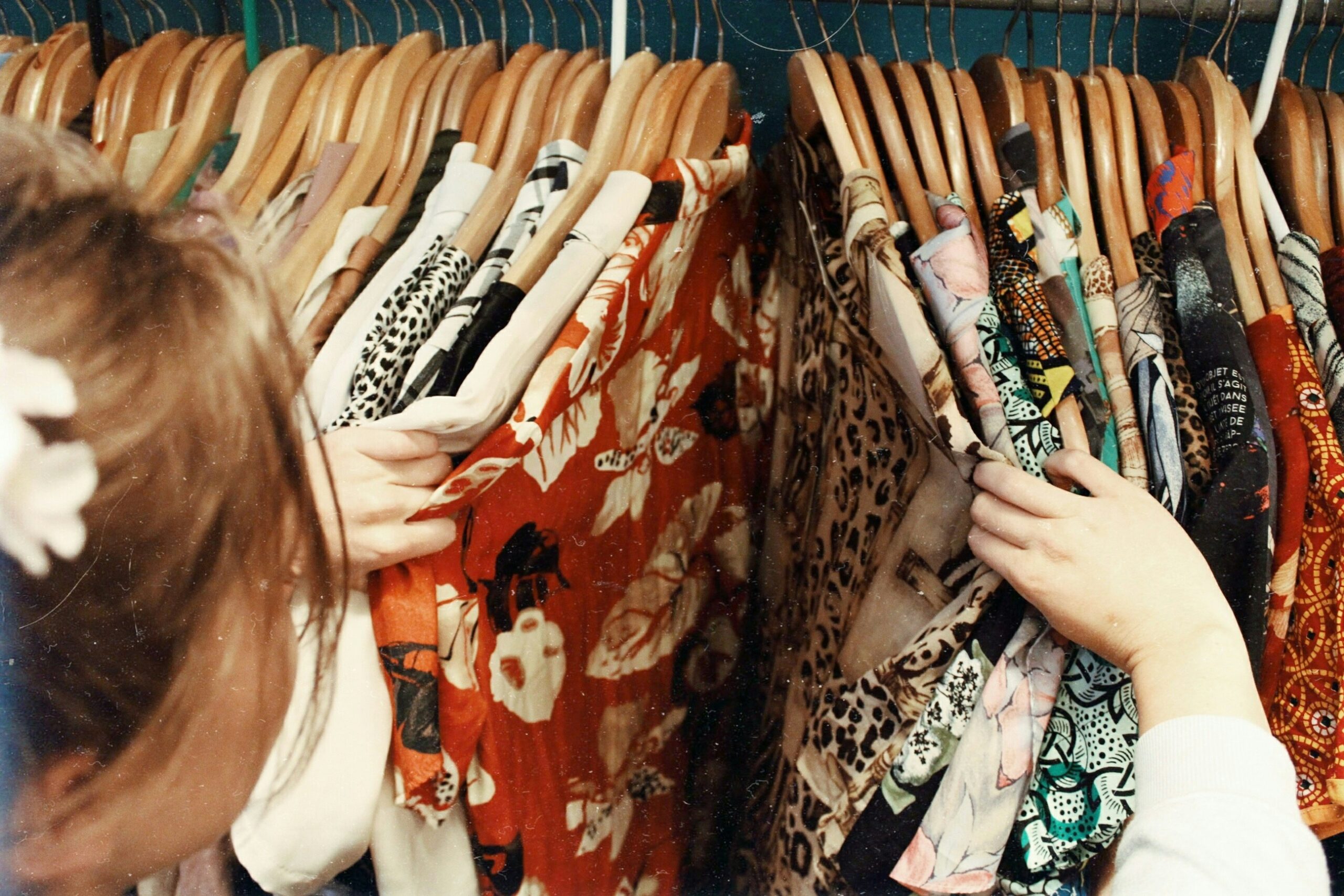
As South Korean cosmetics gain popularity in the US, the world’s biggest market for beauty products, personal care startups in the east Asian country are seeing a surge in dealmaking demand.
Seoul, long a destination for beauty services, last year became the top exporter of cosmetics to America, overtaking France, according to the US International Trade Commission. In the same period, Korea’s total cosmetics shipments hit a record $10.2 billion, from $7.5 billion in 2020, according to the Korean Food Ministry.
That kind of growth has spawned interest from L’Oréal SA to Archimed SAS in Korea’s personal care assets, with the industry bagging a record 18 deals worth 2.3 trillion won ($1.6 billion) in 2024. Although it lags past years by value, the pace of activity alone has one advisory firm convinced that the deals momentum will continue.
“Private equity funds are paying more attention to Korean cosmetics,” said Manhwi Han, a deal partner at advisory MMP. “Given the strong growth of exports in the US, we expect the M&A boom will definitely continue this year.”
The deals boom is widely attributed to the K-culture wave, making the cosmetics industry a collateral beneficiary alongside the South Korean food and culinary sector. With K-pop and K-drama gaining global attention, companies have used product placements to sell everything from $22.99 stick balms to $2,350 LED face masks, with the US market being the main target.
Archimed, a French investment firm, last year acquired aesthetic skincare technology firm, Jeisys Medical Inc., promoted by Korean actress Lee Young Ae. Reports suggest local private equity firm KL & Partners is eyeing control of Manyo Factory, the maker of a serum featured in popular Korean TV drama Crash Landing on You.
Korean brands have cornered about 22 percent of foreign cosmetics products in the US and about 40 percent in Japan, according to Eun-jung Park, an analyst at Seoul-based Hana Securities Co.
COSRX Inc., acquired by Korean cosmetics firm Amorepacific Corp. in October 2023, is estimated to have earned nearly 60 percent of its revenue in the US and Europe, with popularity of its snail essence ranked as Amazon.com’s No. 1 facial serum.
That’s buoying interest in Korean startups, with MMP seeing some big deals in the pipeline this year. One of them could be Bain Capital’s potential sale of Classys Inc., a beauty-device and cosmetics maker, which the Boston-based PE firm bought for about 670 billion won in 2022. Bain declined to comment.
Bain already has a good track record of cashing out its Korean beauty investments, having sold stakes in botulinum toxin maker Hugel Inc. for $1.5 billion in 2021 and in cosmetics firm Carver Korea Co. for $2.7 billion.
US Pivot
A social media review of Tirtir Co.’s foundation product for African Americans that attracted 61 million views speaks to the interest in Korean products in the US.
The pivot of Korean brands to America came amid a slump in consumption in China. Cosmetics startups have relied on savvy online marketing through TikTok and Reddit, to amplify presence in the US and through partnerships with Costco Wholesale Corp. and Amazon.com Inc.
A TikTok and Kantar research last year forecast global spending on Korean cultural products to nearly double to $143 billion by 2030.
The upbeat outlook for South Korea’s cosmetics companies is in contrast to the challenges faced by global brands such as Estée Lauder Co. which forecast a drop in net sales for the current quarter in March. Japanese maker Shiseido Co. is also grappling with lackluster Chinese demand.
South Korean personal care products manufacturer Kolmar Korea Co. is preparing to open its second plant in the US, in order to meet rising demand in North America.
CJ Olive Young, known as South Korea’s Sephora with about 1,400 stores in the country, is offering marketing advice to local startups to help sell their products in its retail stores. CJ is also planning to open its first outlet in the US after seeing 140 percent growth in sales to foreign travellers in 2024.
“America is the land of opportunity for Korean cosmetics companies,” Jiyoon Jung, a Seoul-based analyst at NH Investment & Securities Co., wrote in a March 17 note. “Global retailers are trying to launch more Korean cosmetics brands at their stores.”
By Heejin Kim
Learn more:
Unravelling the K-Beauty Paradox
South Korea is one of the world’s leading exporters of beauty products but the narrow definition of ‘K-beauty’ in international markets means many exciting brands in Seoul have yet to go global.


:max_bytes(150000):strip_icc():format(jpeg)/TAL-header-lake-district-national-park-ennerdale-water-COAST2COAST0525-34fe4a37491843689ebc6f3529dd3158.jpg?w=150&resize=150,150&ssl=1)





